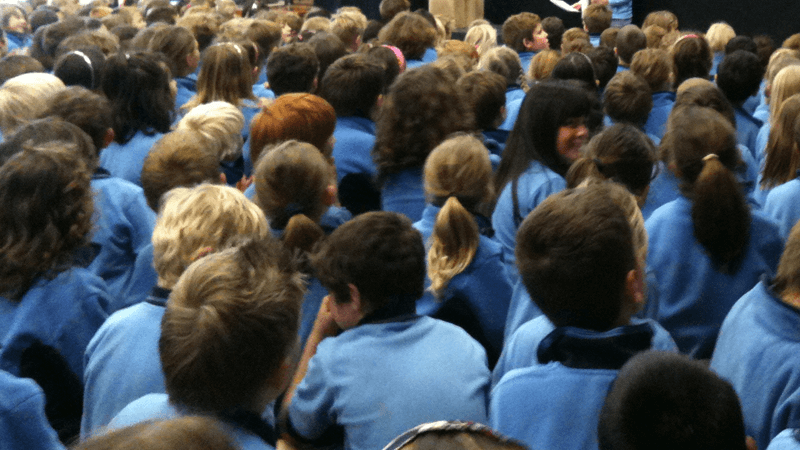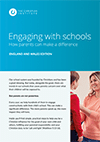Parents backed by a humanist lobby group have been given permission by the High Court to challenge daily acts of Christian worship in state schools.
Lee and Lizanne Harris exercised their legal right to withdraw their children from school assemblies but now want the primarily Christian content ended.
They are supported by Humanists UK, which wants to end Christian assemblies while also campaigning against a parental opt-out on sex and relationships education for children as young as five.
Freedom
Ciarán Kelly, responding for The Christian Institute, said: “Parents are responsible for their own children’s care. It’s right that they should be allowed to opt out of certain, limited, elements of school life.
“The freedom to withdraw from sex education and religious education is well established.
“Humanists UK claims it wants to remove Christian content from assemblies so as not to ‘exclude’ anyone. At the same time it campaigns for mandatory LGBT content in sex education lessons, with no right of withdrawal, which will leave many feeling excluded.
“The position is inconsistent to say the least.”
Opt-out allowed
Legally, schools must conduct acts of collective worship “wholly or mainly of a broadly Christian character”. This usually takes place as an assembly.
For non-Christian children, there are provisions for other acts of collective worship, and the law has always allowed for parents and teachers to opt out.
Humanists UK is campaigning to repeal the requirement, claiming that those who do not participate are ‘marginalised’.
The case will see lawyers for the Harris family argue their position at the High Court later this year.
‘No opt-out’
Humanists UK says it wants sex and relationship education “taught as a compulsory subject in all schools from primary age, with no parental opt-out”.
From September 2020, compulsory Relationships Education lessons will be introduced for primary-aged children.
This will mean teaching young children about “different types” of relationships, which could include homosexuality, transgenderism and same-sex marriage.


